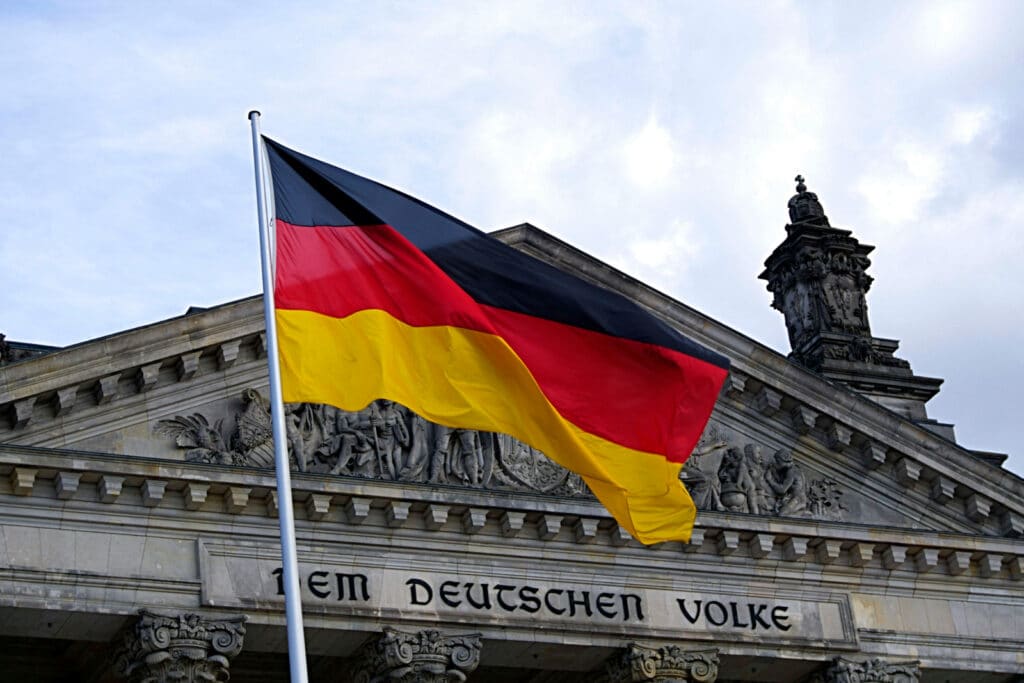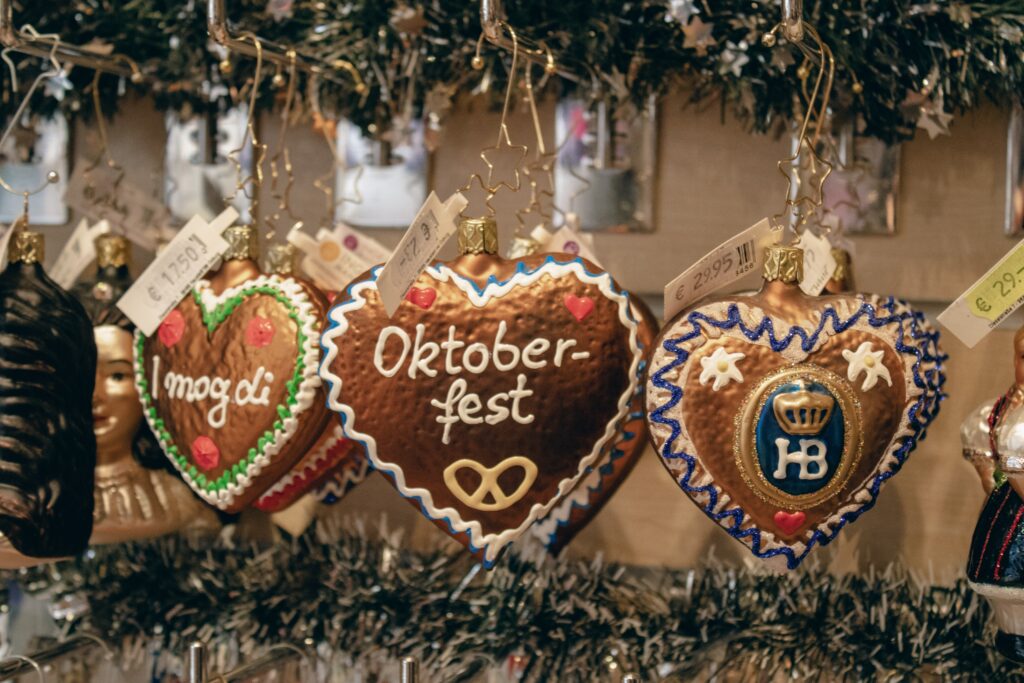35 Most Common German Conjunctions

In grammar, a conjunction is a word that connects parts of a sentence. It enables the creation of …

In grammar, a conjunction is a word that connects parts of a sentence. It enables the creation of …

If you’re a German learner, you already know (and love) just how weird German words can get.
So if …

Who said French was the only language of love?
There are plenty of German romance movies that can make …

Tongue twisters, or (literally, “tongue breakers”), are a fantastic way to practice your German pronunciation.
The key to tongue …

Just like in English, the German words haben (“to have”) and sein (“to be”) are arguably the most common verbs…

Is German easy to learn if you’re a native English speaker? What about if you hail from a country that …

Wondering how to learn German by yourself? I was, too—until I actually succeeded. It was a great feeling when I …